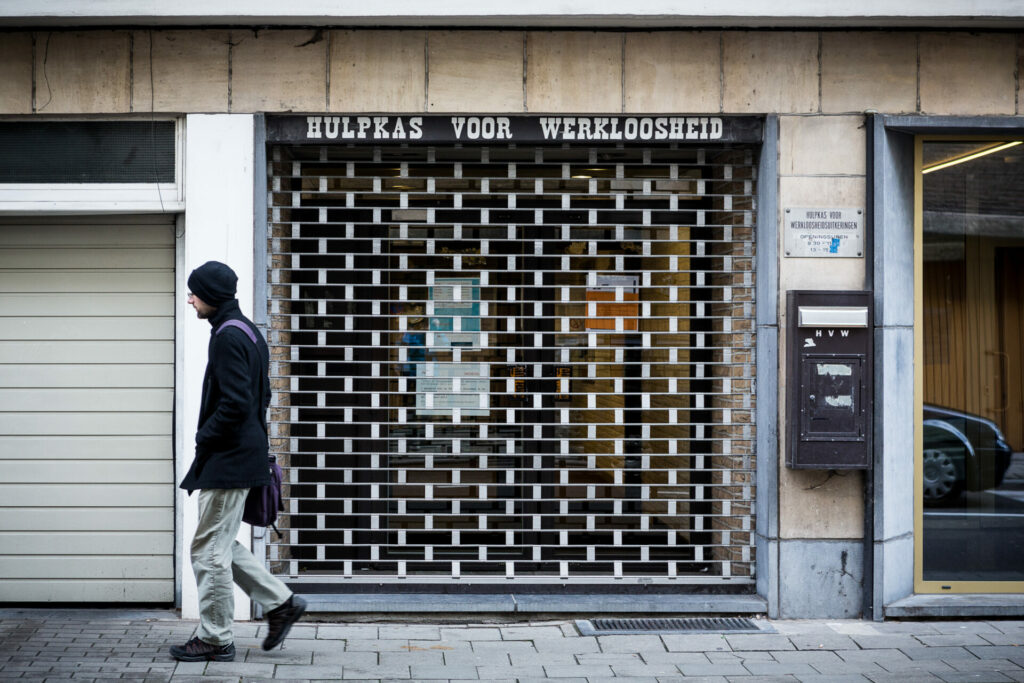People residing in Flanders receive significantly less welfare aid than in Brussels and Wallonia. The gap is worsened by a different indexation mechanism, De Standaard reports.
The biggest differences appear for low-income families with many children. A single mother with three children receives €160 less per month in Flanders than in Brussels, for example.
Flanders' lower aid benefits are particularly baffling because, as Flemish Budget Minister Matthias Diependaele (N-VA) admitted, the region does not use all of its available resources. Diependaele said last year that €200 million euros were left unused in the Flemish funds for child benefits.
The only instance where aid is higher in Flanders than in other regions is in the middle-class bracket. Child benefits for families with an income between €34,526.91 and €64,945.93 are the highest in Flanders, according to De Standaard.
The regional variation is partly explained by the inflation adjustment mechanism for welfare. Flemish child benefits increase each year at the fixed rate of 2%, while Brussels and Wallonia follow the 'health index' calculated by the federal government each year, which takes into account the evolution of prices.
Related News
- Flanders makes employment registration mandatory for welfare recipients
- About 100,000 people received incorrect simplified tax declaration proposals
- 3,000 Brussels households miss out on rent aid
Another difference is the fact that Wallonia and Brussels grant aid to more people overall, but also provide an extra amount for single parents, which Flanders does not.
Recently, the Flemish Christian Democrats (CD&V) took a firm stance on welfare aid, expressing that their party will only take join the next Flemish government only if the ruling coalition accepts a full indexation of aid.
Since 2014, the Belgian regions administer welfare aid, not the Federal Government, and their size has started to vary across the country. The aid for an applicant is determined by the number of children and income.
"That is what happens when child benefits are taken out of social security and given to the regions," KU Leuven Social Policy Wim Van Lancker professor told De Standaard.
Van Lancker adds that when welfare aid was part of federal social security the funds could not be used for anything else, but now the regions can use the money as they please.

